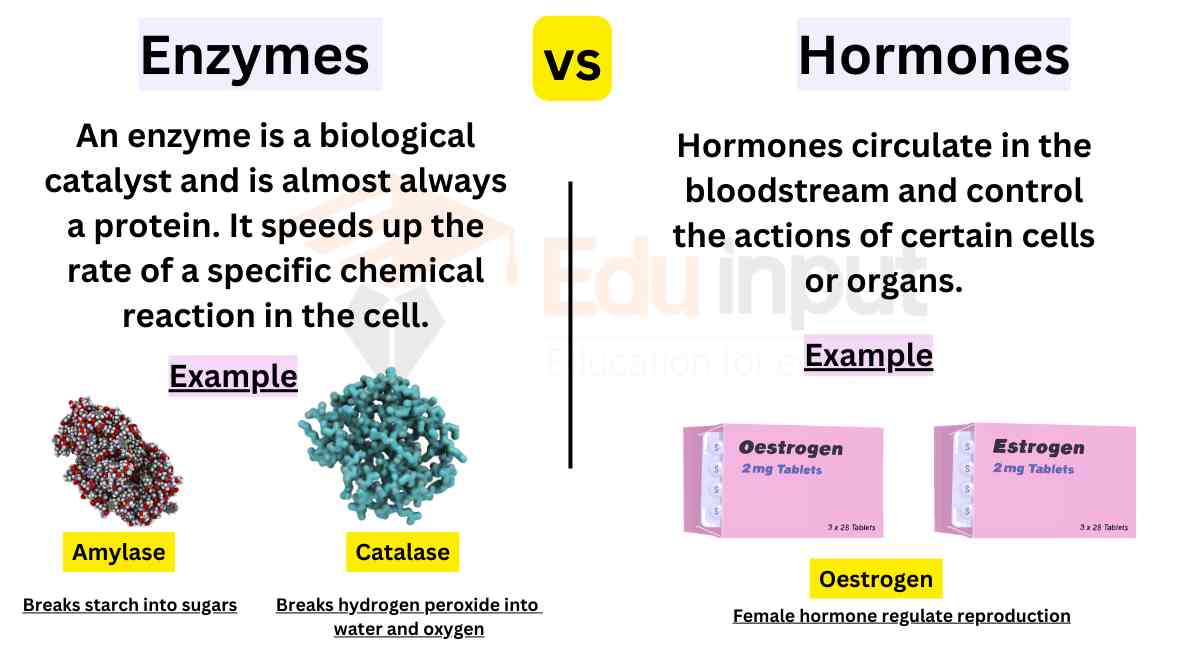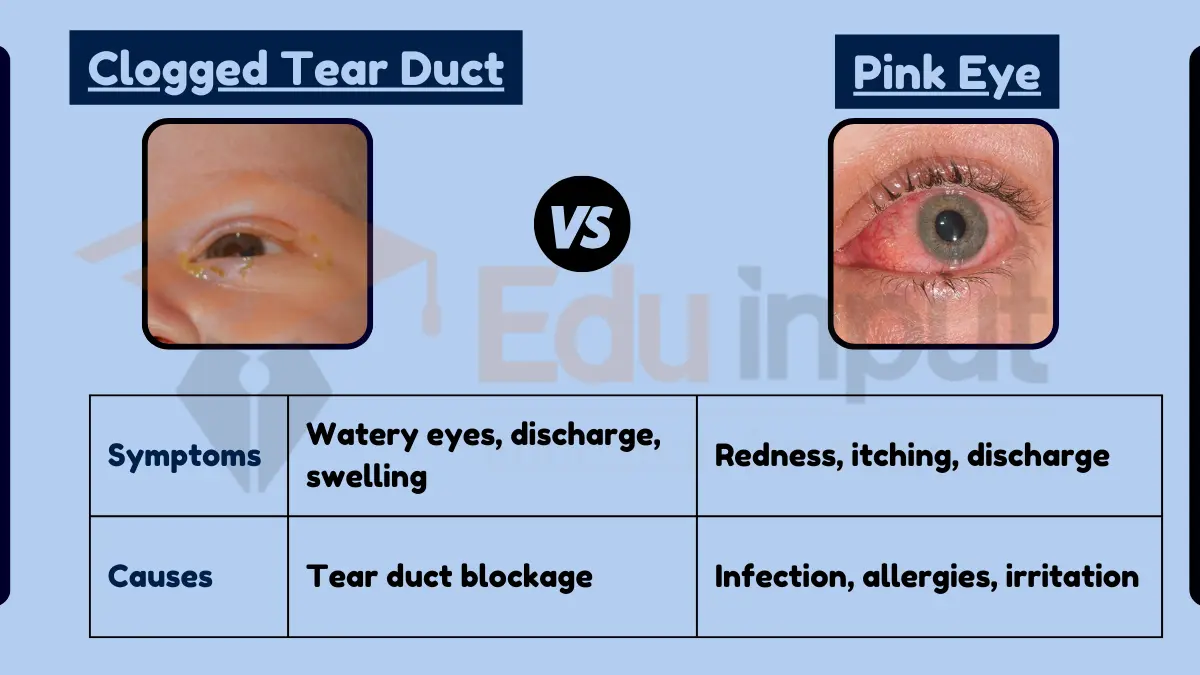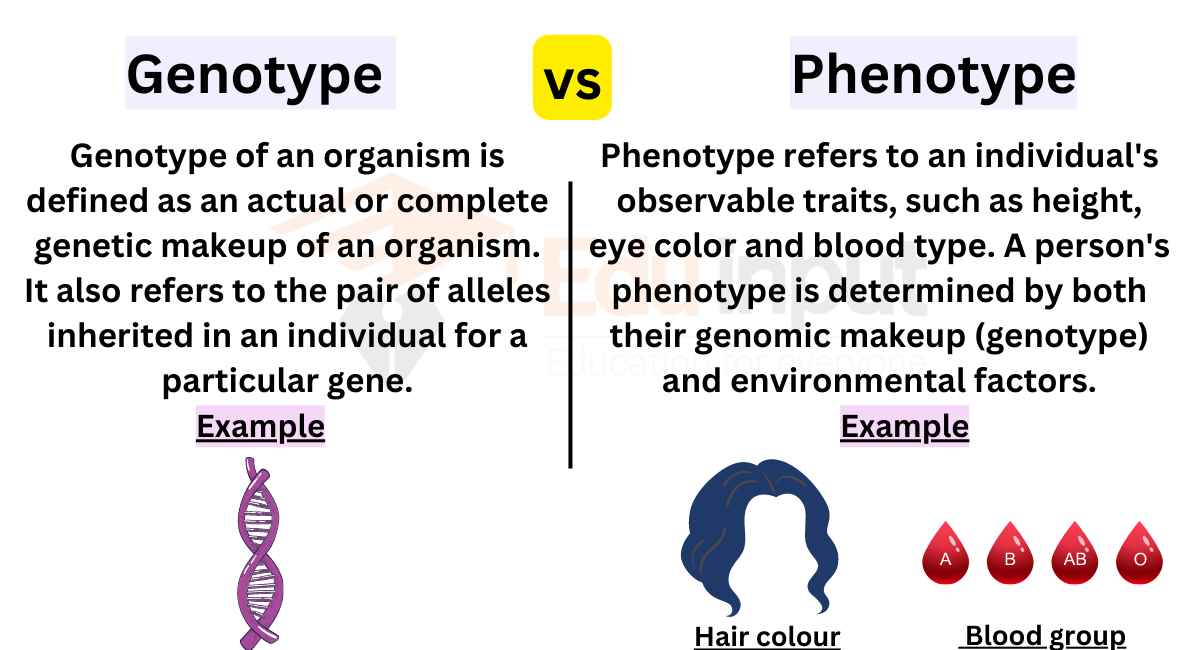Difference Between Microcapsule and Microsphere
Key Difference: Microcapsules and microspheres are both microscopic particles used in various fields like pharmaceuticals, agriculture, and food technology, but they differ in their structure and the way they encapsulate materials. Microcapsules are small particles that enclose an active ingredient or core material within an outer coating or shell. This core can be liquid or solid, and the shell isolates it from the external environment. Microspheres, in contrast, are spherical particles where the active ingredient is uniformly dispersed throughout the entire matrix of the sphere, rather than being enclosed within a distinct outer shell.
Comparative Analysis:
- Structure:
- Microcapsule: Comprises a core material encapsulated within a distinct outer shell.
- Microsphere: A matrix in which the active ingredient is uniformly distributed throughout the sphere.
- Encapsulation:
- Microcapsule: Encloses the core material, offering isolation and protection.
- Microsphere: Does not have a core-shell structure; the active ingredient is embedded throughout.
- Controlled Release:
- Microcapsule: Can provide targeted and controlled release of the core material.
- Microsphere: Offers a more consistent and gradual release of the active ingredient.
- Applications:
- Microcapsule: Used in controlled drug delivery, cosmetics, and food additives.
- Microsphere: Employed in drug delivery systems, 3D cell culture, and tissue engineering.
- Manufacturing Process:
- Microcapsule: Involves techniques like interfacial polymerization, coacervation.
- Microsphere: Produced using methods such as emulsion solvent evaporation, spray drying.
Table Summary:
| Feature | Microcapsule | Microsphere |
|---|---|---|
| Structure | Core enclosed in a shell | Uniform matrix with embedded active ingredient |
| Encapsulation | Distinct core and shell | No core-shell distinction |
| Controlled Release | Targeted and controlled release | Consistent and gradual release |
| Applications | Drug delivery, cosmetics | Drug delivery, tissue engineering |
| Manufacturing | Polymerization, coacervation | Solvent evaporation, spray drying |







Leave a Reply